In this engrossing cultural history of baseball in Taiwan, Andrew D. Morris traces the game’s social, ethnic, political, and cultural significance since its introduction on the island more than one hundred years ago. Introduced by the Japanese colonial government at the turn of the century, baseball was expected to ”civilize” and modernize Taiwan’s Han Chinese and Austronesian Aborigine populations. After World War II, the game was tolerated as a remnant of Japanese culture and then strategically employed by the ruling Chinese Nationalist Party (KMT) Even as it was also enthroned by Taiwanese politicians, cultural producers, and citizens as their national game. In considering baseball’s cultural and historical implications, Morris deftly addresses a number of societal themes crucial to understanding modern Taiwan, the question of Chinese ”reunification,” and East Asia as a whole.
ترجمه فارسی (ترجمه ماشینی)
در این تاریخ فرهنگی جذاب بیسبال در تایوان، اندرو دی موریس اهمیت اجتماعی، قومی، سیاسی و فرهنگی بازی را از زمان معرفی آن در جزیره بیش از صد سال پیش دنبال میکند. انتظار می رفت که بیسبال که توسط دولت استعماری ژاپن در اوایل قرن جاری معرفی شد، جمعیت بومی چینی هان تایوان و اتریش را «متمدن» و مدرن کند. پس از جنگ جهانی دوم، این بازی بهعنوان بازماندهای از فرهنگ ژاپنی پذیرفته شد و سپس بهطور استراتژیک توسط حزب ملیگرای چین (KMT) حاکم استفاده شد، حتی زمانی که توسط سیاستمداران، تولیدکنندگان فرهنگی و شهروندان تایوانی به عنوان بازی ملی آنها بر تخت سلطنت نشست. موریس با در نظر گرفتن پیامدهای فرهنگی و تاریخی بیسبال، ماهرانه به تعدادی از موضوعات اجتماعی که برای درک تایوان مدرن، مسئله “اتحاد مجدد” چین و در کل آسیای شرقی حیاتی هستند، می پردازد.


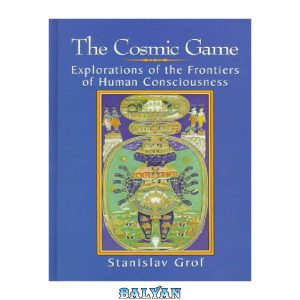



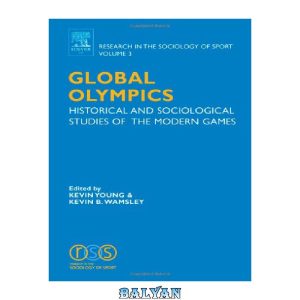
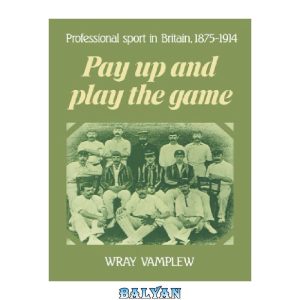
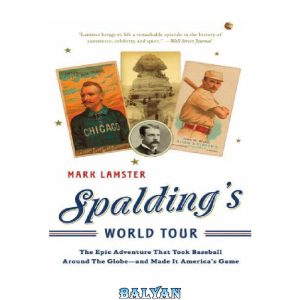


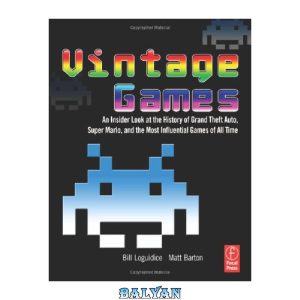
نقد و بررسیها
هنوز بررسیای ثبت نشده است.